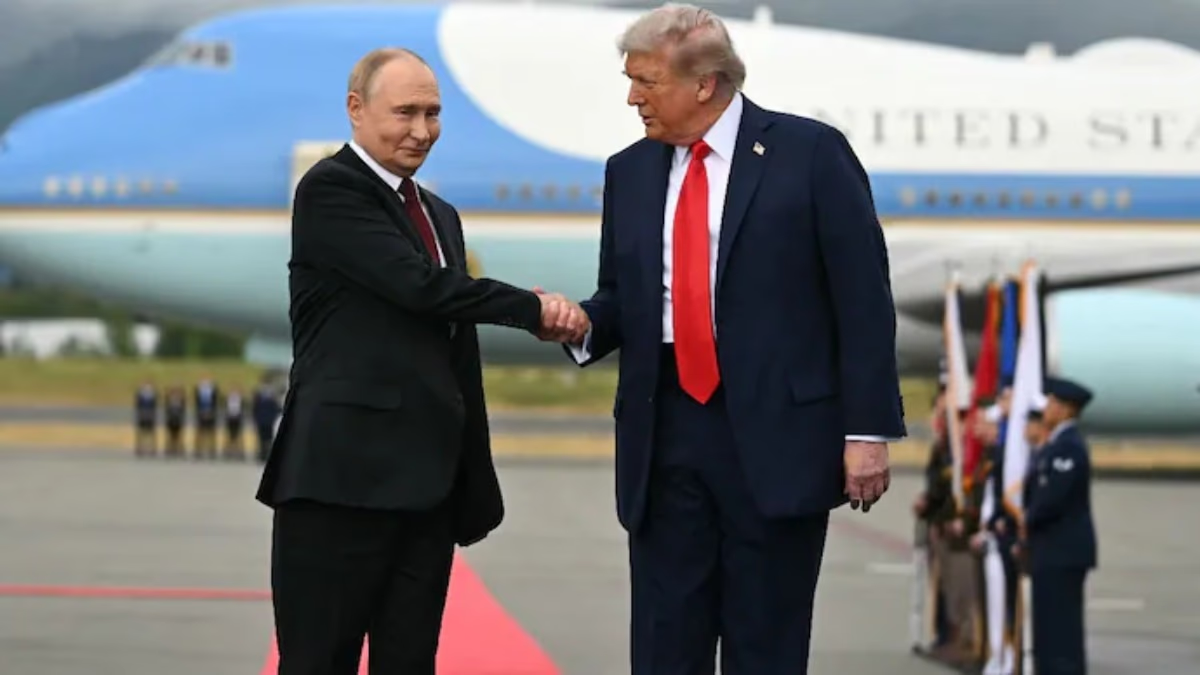Perhaps no one has delivered a harsher opinion for Pakistani Army Chief General Asim Munir. Former Pentagon official and Middle East expert Michael Rubin described Munir as a suited version of the notorious terrorist Osama bin Laden. Munir, who advocated for a Nobel Peace Prize for US President Donald Trump, was likely hurt by this comparison to the former Al-Qaeda leader.
Nevertheless, it appears Munir wasn't particularly upset, considering worse things have been said about him in Pakistan and India. It's fair to assume he's now used to such thoughts about him. Munir's actions against Imran Khan and his party members have been severe, outdoing many authoritarian rulers.
During a meeting of Pakistani expatriates in Tampa, Florida, Munir made global headlines with his threats against India, declaring intentions to use nuclear weapons. His statement drew sharp global reactions, not just in India and the US. Rubin called for immediate diplomatic action, suggesting that Pakistan's status as a major non-NATO ally be revoked and declared a sponsor of terrorism.
Rubin further demanded Munir be declared persona non grata, with US visa restrictions imposed immediately. The defense expert suggested that Munir should have been expelled within 30 minutes of making such comments. Such humiliation is rare for a military chief of any nation. Let's explore why Michael Rubin was so outraged by Asim Munir.
1. Munir Echoes Bin Laden's Rhetoric
Speaking to the Pakistani diaspora in the US, Munir said, 'We are a nuclear nation. If we feel we're sinking, we'll take half the world with us.' Clearly targeting India, this warning was a threat to the entire world, echoing global devastation.
No civilized nation can support such a stance, least of all in the US, where the comments drew considerable ire. Many analysts labeled it irresponsible and dangerous, as it normalizes the concept of nuclear warfare. Rubin connected Munir's speech to rhetoric from terrorist leaders like ISIS and Osama bin Laden, highlighting the risks to global peace and stability.
Osama bin Laden, the mastermind behind the 9/11 attacks, similarly threatened global destruction. This comparison forms the basis for likening Munir to bin Laden.
2. A Bin Laden-like Threat to Global Security
Munir's threats weren't just a concern for India, as he suggested global devastation. Such nuclear threats raised concerns over Pakistan's control over its arsenal, especially as they're under a military leader like Munir. The bravado of a nation producing such leaders inevitably emboldens its terrorists.
As the orchestrator of the 9/11 attacks, bin Laden challenged global security with his demands for mass destruction weapons. Both their activities and statements present threats to global stability and peace.
3. Allegations of Terrorist Links
India and some Western analysts have accused the Pakistani military of supporting terrorist outfits like Lashkar-e-Taiba and Jaish-e-Mohammed. Munir was sighted at funerals of terrorists killed during Operation Sindoor. His statements further cement views of his ties with terror groups.
Bin Laden, founder, and leader of al-Qaeda, remains a symbol of global terrorism. Munir and bin Laden have both been linked to terrorism.
4. Impact on Global Diplomacy
Munir's comments stirred debate over US-Pakistan relations, with experts like Rubin urging Pakistan be labeled a terrorism sponsor. It's apparent Munir influenced India-US dynamics, potentially sparking new alliances in South Asia.
The presence of bin Laden also shaped US foreign policy, with wars and anti-terror campaigns globally. Both in their actions and statements, bin Laden and Munir influenced global diplomacy and international relationships.
5. Justifying Actions with Religion
Munir leveraged religion against India. Citing Quranic verses, he justified aggression against the nation. Notably, he branded Kashmir as Pakistan’s jugular vein, promoting a fundamentalist and destabilizing mindset. Bin Laden, by religious extremism, rationalized violence against Western civilization. Both Munir and bin Laden used extreme rhetoric against their adversaries.




